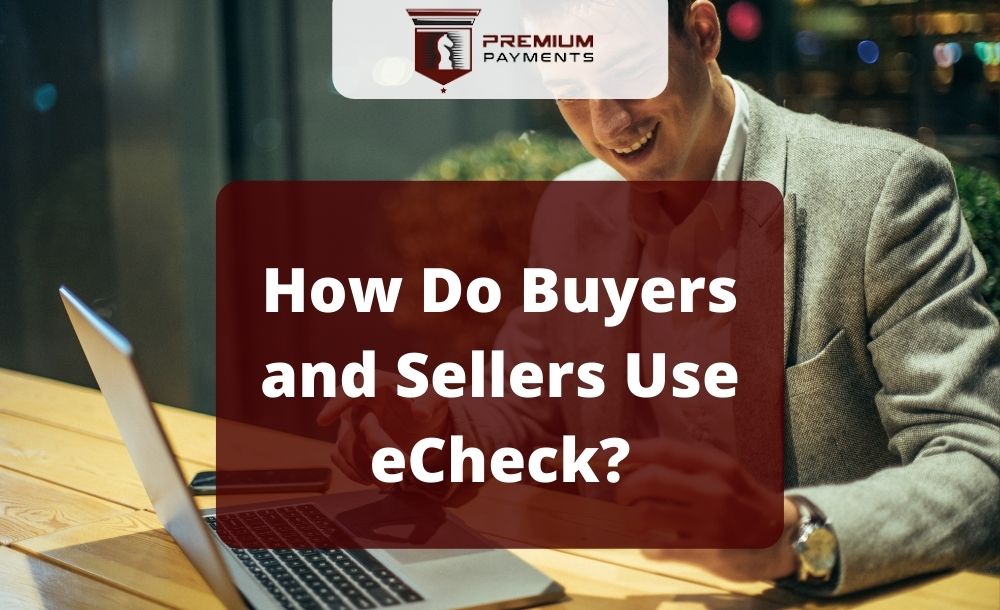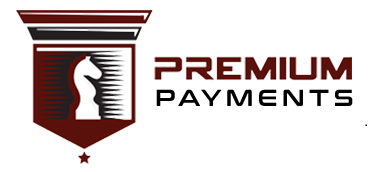
There are several downsides to paper checks. They can get lost, misplaced, damaged, or stolen. No wonder businesses around the world are switching to eChecks.
An electronic check or eCheck is an electronic version of a traditional paper check.
With an eCheck, money is electronically transferred from the payer’s account to the payee’s account after passing through the ACH network (a network that processes large volumes of transactions in batches).
There are several benefits to eChecks. They are processed in fewer steps than their traditional counterparts. With eChecks, you will save money on stamps and envelopes, and the time required to make a paper check. They provide an eco-friendly way of receiving and transferring money. They are compatible with different accounting software, and are inherently safer (as the information is encrypted) than paper checks.
A key benefit of using eChecks for payments is that you earn extra interest as funds are left in your account for a few extra days. To pay using an eCheck, you must have a bank account linked to your PayPal account. Follow these simple steps to pay with eChecks.
Tip: To link a new bank account to your PayPal account, click the Add Bank link.
There are many benefits of accepting electronic checks. You get paid faster and do not have to pay any transaction fee or gateway fee. They offer convenience as no signup is required.
Whenever a payer sends you an eCheck payment, you will receive an email from PayPal informing you that your money is on the way. In most cases, funds are verified within 24-48 hours of the transaction, and the transaction is cleared within 3-5 business days.
Steps to Processing an Electronic Check
Electronic Fund Transfer or EFT includes different types of financial transfers, such as direct deposits, electronic transfers, ACH disbursements, and electronic benefits payments.
Run by the National Automated Clearing House Association, the Automated Clearing House or ACH facilitates payments in the U.S. It provides the infrastructure required by payment processing companies to process transactions.
They are one of the most popular types of recurring payments in the U.S. Most property managers ask tenants to fill out a recurring eCheck payment form. If a tenant fills out the form, the rent is automatically deducted from their account on a certain date every month.
How much does it cost to process an eCheck? This is one of the most common questions that users have when issuing an eCheck for the first time. The cost to process an eCheck can vary depending on the payments processing company used.
Some processing companies charge a higher per-transaction fee and a lower monthly fee, while others charge the opposite for eCheck merchant services. Most companies charge a flat rate. Expect to pay $0.30-$1.50 as processing fee per eCheck transaction.
The process of getting an eCheck merchant account is similar to getting a credit card merchant account. If you want to get an eCheck merchant account, you must first choose a merchant account provider. Once you have found a provider that ticks all the right boxes, you must fill out an application form. You will be required to provide the following information:
If everything goes right, you will hear from the provider in a few days.

Premium Payments offers cutting edge remote payment solutions. We are committed to helping businesses speed up their payment cycle by offering ACH payment services, Electronic check services and Credit card Processing services. We offer payment processing solution for Auto Dealers, law firm and attorneys, Insurance agents/companies, Accountants and Accounting firms, Non-profit organizations and Property management companies. Call (954)-934-9004, (305)-747-5855 or email us at info@premiumpymts.com To Start Your Risk Free Trial. No Credit Card Required.